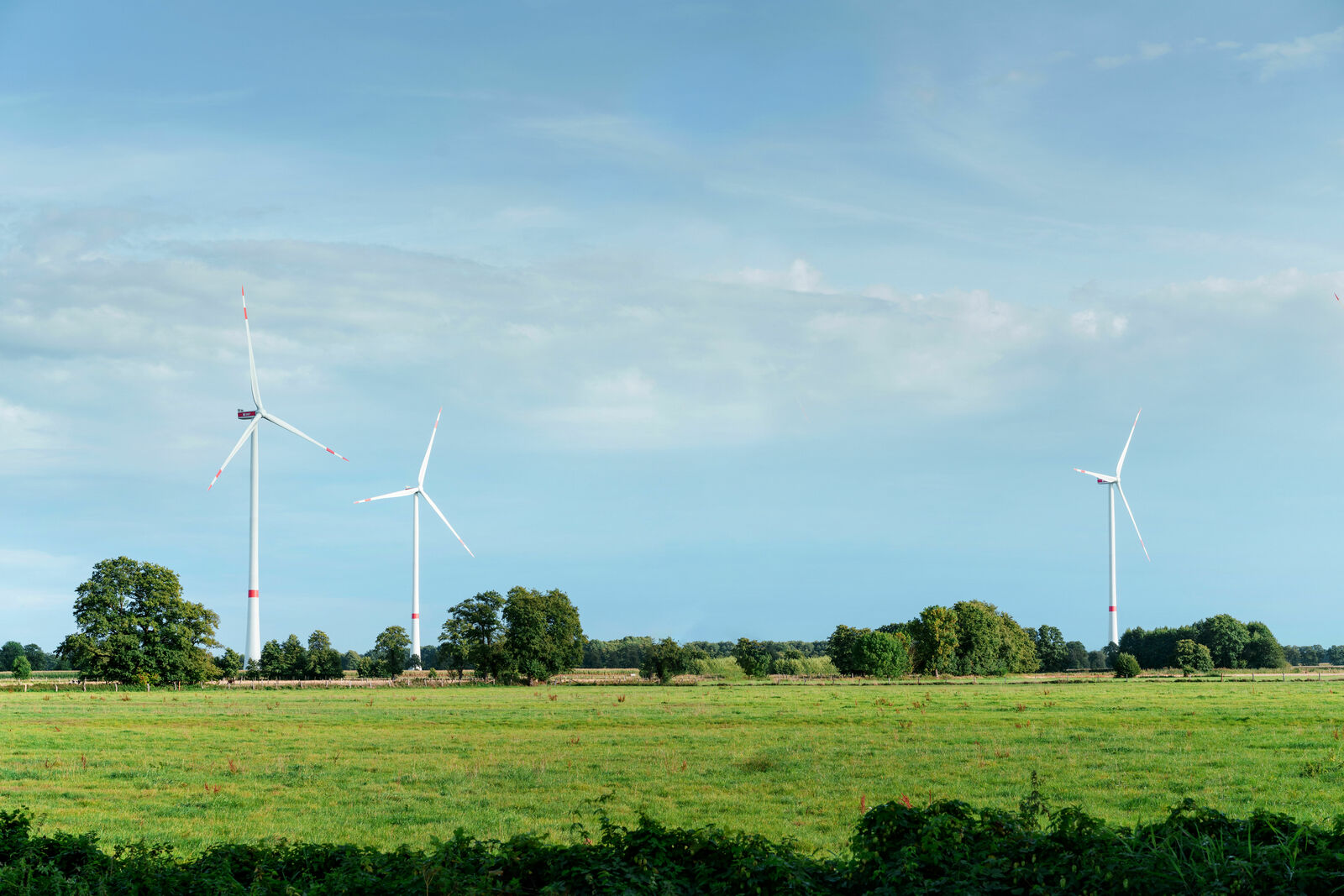#ESG
The Volkswagen Group views sustainability holistically – in environmental, social and commercial terms. The company is determined to create enduring values, provide good working conditions and have a positive impact on human rights all while conscientiously respecting the environment and economically using resources. Here is some additional information on the topic.
22 contents with this tag
Page
Group
The Group comprises ten brands from five European countries: Volkswagen, Volkswagen Commercial Vehicles, ŠKODA, SEAT, CUPRA, Audi, Lamborghini, Bentley, Porsche and Ducati. In addition, the Volkswagen Group offers a wide range of further brands and business units including financial services. Volkswagen Financial Services comprises dealer and customer financing, leasing, banking and insurance activities, and fleet management.
Page
ESG - Ratings

Page
Environmental, Social and Governance (ESG)
All relevant ESG related data and information, conveniently assembled in one place.

Page
Sustainability Strategy
Moving what matters.

Page
ESG Factbook
The ESG Factbook focuses on providing both quantitative and qualitative references and “Further Information” across the core dimensions of Volkswagen`s Environmental, Social, and Governance sections. In addition the Factbook also addresses broader ESG-relevant topics such as Just Transition and other emerging themes. It is primarily grounded in disclosures of the Annual Report 2024, with particular emphasis on the Sustainability Report 2024 as the core reference. To ensure a holistic and well-substantiated view, the Factbook also integrates insights from additional authoritative sources, including corporate policies, official websites, and other relevant governance documents.

Page
Volkswagen Group ESG Conference for Investors and Analysts 2025
People Sustainability
IT Security at Volkswagen Group
Volkswagen Group Sustainability Strategy “regenerate+”
Page
Reporting
Press Release
Green energy for Gigafactory Salzgitter
PowerCo SE relies on climate-friendly electricity for the operation of its cell factories. For the Salzgitter gigafactory, it has now concluded the first long-term purchase agreements with the green energy producers Alterric and EnviTec Biogas AG. From 2025, they will supply around 240 gigawatt hours per year from wind power (Alterric) and around 65 gigawatt hours from solar energy (EnviTec Biogas AG). Over the entire term of ten years, this will result in a total of 3 terawatt hours of green electricity, which will be used to operate the Salzgitter gigafactory.

Press Release
New impulses for sustainability: Volkswagen Sustainability Practice Groups
Volkswagen’s new Sustainability Council will be presented for the first time at The Volkswagen Group Sustainability Forum. For one day, over 90 experts from science, civil society, industry and the Volkswagen Group will exchange ideas and discuss on sustainability topics together.

Page
Sustainability Council
Initiators, supporters, critical voices and challengers – the roles and tasks of the Group Sustainability Council are as diverse as its topics. The new name Sustainability Practice Groups reflects the new, practical format.

Page
Sustainability
Moving you. Moving forward.

Press Release
Low-carbon steel: Volkswagen AG and Vulcan Green Steel enter into partnership
Volkswagen AG and Vulcan Green Steel have signed a Memorandum of Understanding (MoU) for a partnership for low-carbon steel – a key element of Volkswagen’s green steel strategy.

Article
SEAT S.A. achieves the best sustainability results in its history and reduces the environmental impact of its facilities by 53% since 2010
SEAT S.A. achieved the best sustainability results in its history in 2023, thanks to the effectiveness of its strategic projects in the environmental, social and governance (ESG) areas. The company has reduced the environmental impact of its facilities in Martorell, Barcelona and El Prat by 53% since 2010 by improving its production processes. In the last year, it has also implemented wellness and diversity programmes that had a direct impact on the entire workforce, in addition to strengthening the governance structure.

Press Release
Elli präsentiert ersten intelligenten Stromtarif: Volkswagen Naturstrom Flex hilft Kunden, Geld zu sparen






